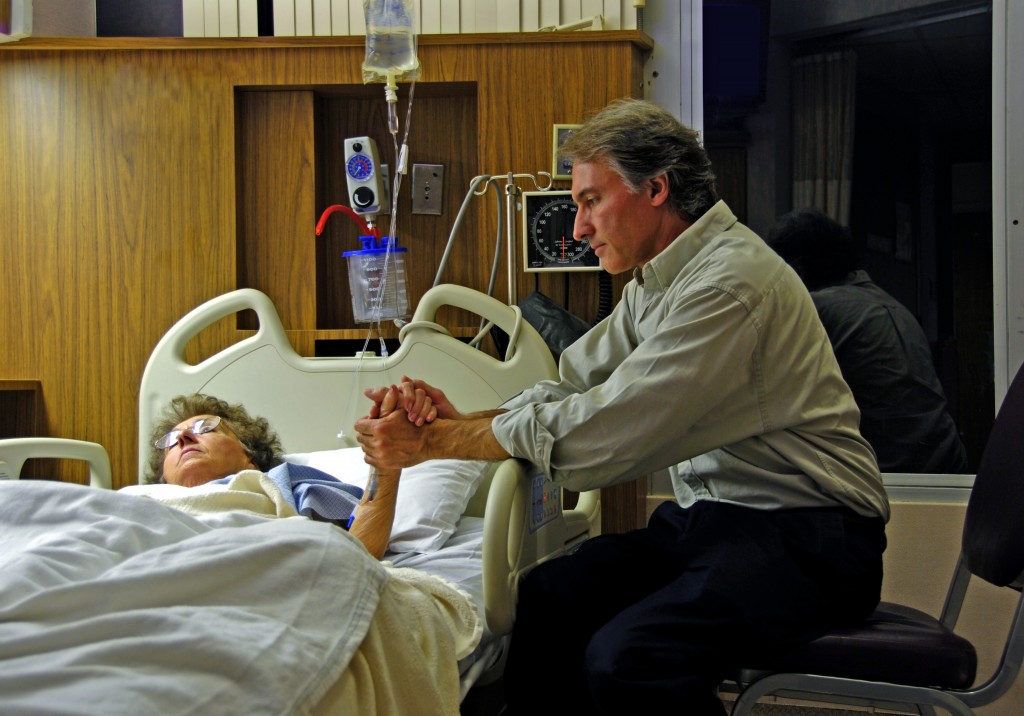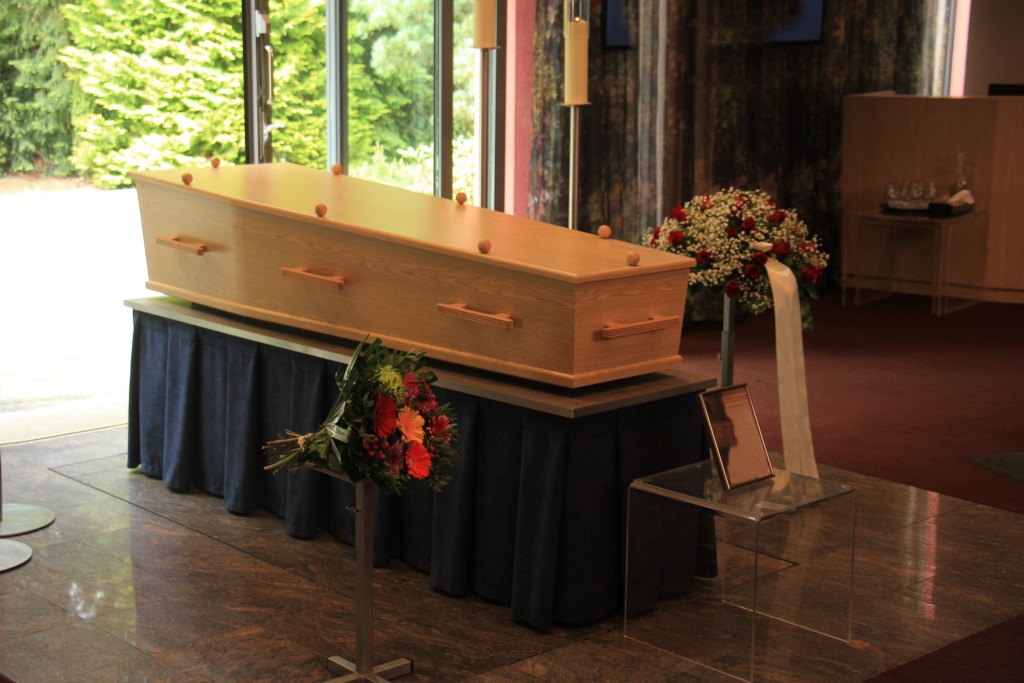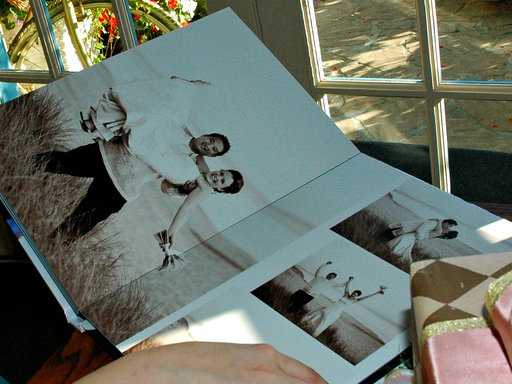The loss of a loved one is a major change in one’s life. Its impact can bring about succeeding events and situations that one may feel at a loss of what to do. The shock and not knowing what to do next are but part of the grieving process. But individuals process the loss of a loved one in different ways and stages. The following stages of the grieving process do not always happen in order, but they almost always happen:
You cannot believe your loved one has passed away
This is the common reaction, especially when a loved one’s passing was unexpected, like in the case of a tragic accident. Everyone would want to know how and why. The family left behind also has to answer these questions over and over as they break the news with relatives and friends. It will seem like an unending cycle of repeating the whole story over and over until everyone has been informed.
After the disbelief and shock, the person’s emotion should evolve to acceptance of the loss. However, disbelief and shock vary from person to person. Some do not react at all and move on with preparations for the funeral service in Roy, while others cannot move and think due to grief.
Anger directed to almost everyone
Families who have been left behind will feel grief and anger at the same time. With tragic accidents, the anger is directed toward whoever caused the accident. It is human nature to need someone to blame and hold accountable for. There are instances that anger is directed toward self.
For instance, an elderly passed away without the presence of anyone close to them except the nurses or doctors. Then regret and anger are felt. The anger gets directed to self and will manifest in senseless drinking or, in worst cases, self-mutilation. This is why, people who have experienced loss need help and support in times like this—to help them process their emotions. Sometimes, all the situation needs is a listening ear.
Regret and depression
Regret is often expressed with “If only I were there…” or “If only I listened…” These are words that are commonly expressed by those who feel responsible in some way for the passing of a loved one. While others may express this openly, some will not and will manifest in actions such as too much drinking, sleeping the whole day, and not eating or bathing. Some will no longer go to work anymore. It is vital that a strong support system is present until the individual feels themselves again.
Acceptance and moving on

Accepting the loss of a loved one varies. Some cannot confront packing old clothes and stuff without breaking down. Some go through it as nothing has happened, but this does not automatically mean acceptance. Each person has a unique way of grieving. Some go through the motions of grief—no expression of tears and very efficient with work. When the bereaved starts going out and enjoys the company of friends as well as appears to be emotionally stable, then they have accepted their loss and moved on.
Losing a loved one can leave you confused. The grieving sets in, and you cannot think or move. Calm yourself as there is a lot to be accomplished. You need to think about what is needed for the funeral and move to make these things possible.




